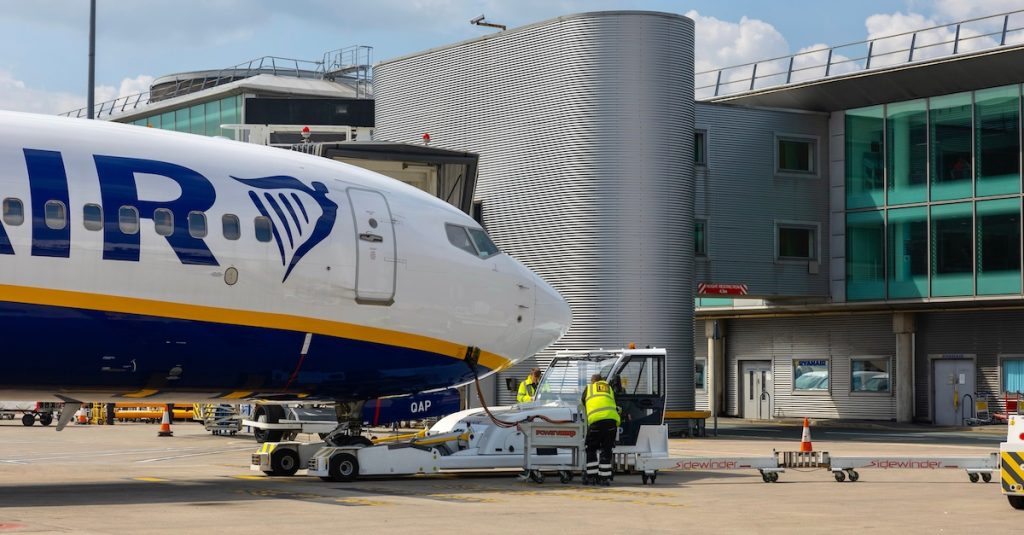Ryanair anticipates increased fares this summer due to Boeing’s aircraft delivery delays. The airline’s extensive growth plans may face constraints as fewer new aircraft are delivered than initially expected.
Chief Executive Michael O’Leary has highlighted that fare increases of 5-10% could be anticipated. This is driven by the reduced delivery of the Boeing 737 aircraft, impacting summer schedules and passenger capacity.
The anticipated delivery of new Boeing 737 MAX aircraft to Ryanair has been disrupted, potentially leading to increased fares. The airline expected 57 new aircraft by March, yet only 40-45 are predicted to arrive, affecting summer capacity.
Boeing’s delivery challenges have been exacerbated by incidents earlier this year, including a technical failure involving an engine panel. These events have led to heightened scrutiny and increased delivery times, impacting clients like Ryanair.
The delay in receiving new aircraft has financial repercussions. While fuel hedging has helped contain costs, any additional rise in fares could impact Ryanair’s competitiveness.
Despite these challenges, Ryanair remains focused on mitigating fare increases to remain appealing to passengers. The suggested fare increases are significantly lower compared to past adjustments, such as the 17% rise in 2023.
Financial Implications for Ryanair
Boeing has publicly acknowledged the delivery issues, expressing their regret to valued partner Ryanair. They have committed to resolving these issues and enhancing their delivery performance.
The delays are partly attributed to Boeing’s commitment to ensuring each aircraft meets high quality and regulatory standards, a process that can extend delivery times.
Boeing’s Statement on Delivery Challenges
The aviation sector is closely monitoring the situation, given its potential ripple effects. Ryanair’s fare adjustments could influence pricing strategies across the airline industry.
Other operators, also dealing with delayed aircraft deliveries, are reviewing their operational strategies to adapt to current challenges. The sector’s resilience is tested as it seeks solutions to maintain service standards.
Looking beyond immediate disruptions, Ryanair’s long-term growth plans may require reassessment. The airline’s ability to achieve projected passenger numbers and service expansions hinges on overcoming these delivery challenges.
The airline industry is known for its adaptability, but the current environment demands innovative strategies to navigate uncertainties posed by supplier inconsistencies.
>The stakes remain high, as how Ryanair manages these challenges will influence future operational strategies and growth prospects across the airline sector.
In summary, Ryanair’s predicted fare increases this summer result from Boeing’s ongoing aircraft delivery issues. The situation requires strategic adjustments to operational plans and passenger forecasts.

